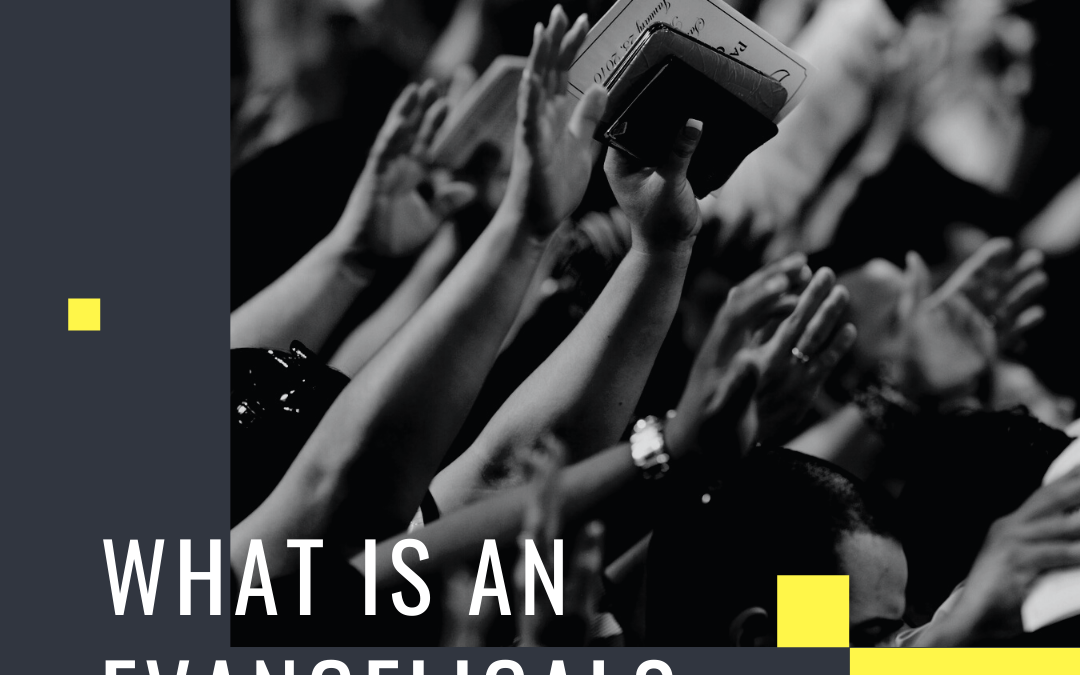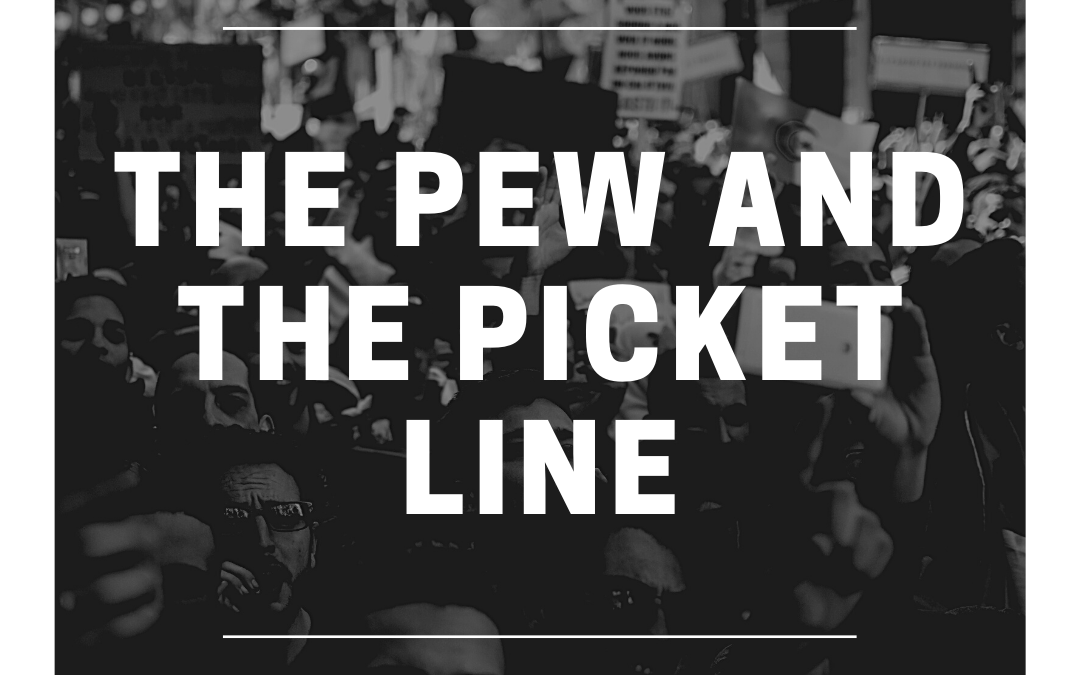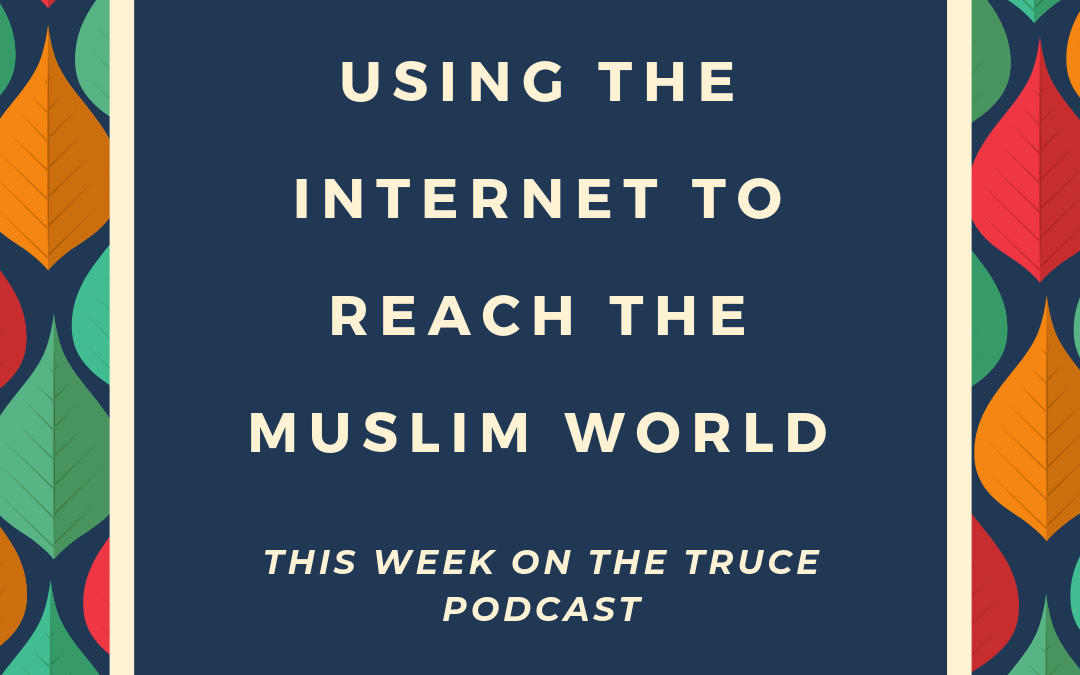
by Chris Staron | Aug 30, 2022 | Episodes
A socialist bestseller that got everything wrong
Now that we’ve read In His Steps together and discussed it, let’s talk about another work of fiction. Looking Backward was written by Edward Bellamy. That name may sound familiar! We talked about his cousin Frances Bellamy in the episode about the Pledge of Allegiance. Frances was a Christian socialist. Edward wrote his famous book looking forward to the year 2000. He predicted that the United States would be a socialist paradise. People would work hard, retire early, and equality would reign.
None of that came true.
We’re talking about it today in order to understand the zeitgeist in the late 1800s. This book sold over half a million copies in its first few years of publication. It is now over a million copies. That doesn’t happen without stirring something in society. As we’ll see, socialism was tied to the Social Gospel. The opposition to the Social Gospel is what would go on to create the Christian fundamentalist movement.
Helpful Links:
Discussion Questions:
- How have fictional books you’ve read impacted your worldview?
- What do you think about Bellamy’s predictions?
- How does the fear of socialism and communism impact evangelicalism?
- What real threats were facing evangelicalism in the 1800s? How about now?

by Chris Staron | Feb 1, 2022 | Episodes
Donate to support the Truce Podcast!
Who is an evangelical?
Who is an evangelical? If you go by the news today, you probably think evangelicals are all American middle-class white men. Nope! Evangelical Christians come in all shapes, colors, and sizes. They can be men or women from anywhere in the world. They can speak any language. And they can have a lot of variety in their beliefs.
This season on the Truce Podcast we are examining the history of Christian fundamentalism. How did fundamentalism begin? What is Christian fundamentalism? Is Christian fundamentalism a good thing, a bad thing, or somewhere in between?
In this episode, we’re joined by author and professor George Marsden. He’s the author of Fundamentalism and American Culture, which is THE book everyone else refers to when they talk about fundamentalism. According to Marsden, fundamentalism is “militantly anti-modernism protestant evangelicalism”. That is a lot of big words! By the end of the season, you should understand all of that. One important part of that definition is the word “evangelicalism”. It is one of those words that has been used so much in so many different ways that it can be difficult to define it. There are whole movements to create new definitions these days. But in order to move forward this season, we need to pick some frame of reference. I chose David Beggington’s definition of what defines an evangelical:
Bebbington’s Quadrilateral
- Biblicism (a focus on the Bible)
- Conversionism (an emphasis on evangelism)
- Crucicentrism (the centrality of the cross)
- Activism
Those four things, according to Bebbington, are what make up an evangelical. Again, it is a hotly debated subject.
So when did evangelicalism begin? Many of the sources that I found pointed to the revivals in the decades leading up to the American Revolution. Evangelists like Jonathan Edwards and George Whitefield spread the gospel using a post-millennialist vision of the end times mixed with Calvinism. This was part of the First Great Awakening. Then there were others after the revolution who spread an Arminian view of salvation. Guys like Finney. Belief in God became more personal, without the direct oversight of a priest or minister. It became an individual’s responsibility to look after their spiritual growth.
Welcome to season 5! God willing, I’ll be releasing new episodes every other week.
Discussion Questions:
- What is an evangelical?
- What is a fundamentalist?
- If fundamentalists are evangelicals who are angry at something, what are they angry at? Are you one of those people?
- Do you believe in the Calvinist view of salvation or the Arminian one? Does it matter? Why?
- The Great Awakening movements established a sense that belief in God was not something that needed to be handed down by a priest or minister. Do you think that was a positive move? What are some potential drawbacks (if any)?
Helpful Links and Sources:
Correction: The original version of this episode incorrectly represented Arminian belief. It involves the belief that once grace is offered by God that a sinner can reject the offer. The original version stated that the sinner made the first move to initiate a relationship. That is incorrect. Arminians believe that God makes the first move, but His offer can be rejected. The error has been corrected in this version, My apologies for any confusion.

by Chris Staron | Aug 4, 2020 | Episodes
Donate to support the Truce Podcast at www.trucepodcast.com/donate
The United States and Russia ran along parallel tracks in the late 1800s and 1900s. Both were empires. Both were tangled in war. Both were feeling the weight of the Industrial Revolution. But they divided in how they would deal with labor. That critical difference changed the history of the world.
In this episode, Professor Heath Carter of the Princeton Theological Seminary starts the first of a two-episode conversation about Christianity and labor. Mr. Carter is the author of Union Made and editor of books such as The Pew and the Picket Line.
Helpful Links:
Topics Discussed:
- Do Christians support unions?
- The F. Scott Fitzgerald quote about first-rate intelligence and two ideas
- Working conditions in the 1800s in Chicago
- Pew rents
- How do churches make their money?

by Chris Staron | Jul 2, 2019 | Episodes
Reaching Muslims via the Internet. Can it be done? Our special guest today uses Google Ads, videos, and messaging apps to reach out in Muslim countries. We can’t give any specifics about who he is or which organization he works for. But we think you’ll find this episode inspiriing.
Topics explored:
- How can we reach out to Muslims using the Intenet?
- What questions to Muslims have about Christianity?
- Where are the greatest numbers of Muslims turning to Christ?
- Where should I start reading in the Bible?
- How do I share my faith with Muslims?
- Is Islam as dangerous as mainstream media says it is?
- How can I be praying for the Muslim world?




